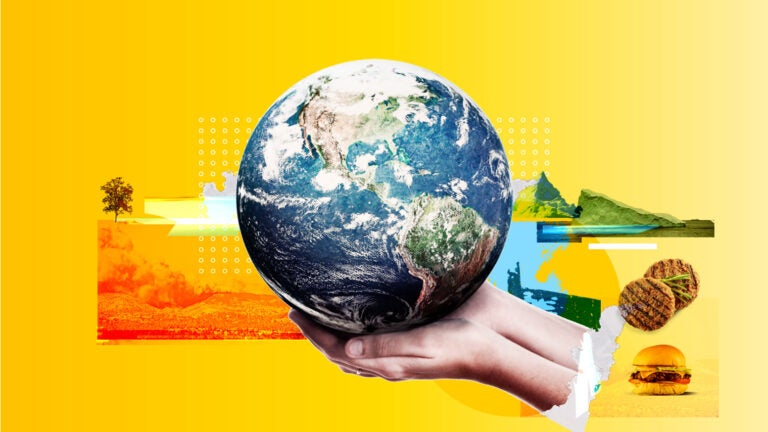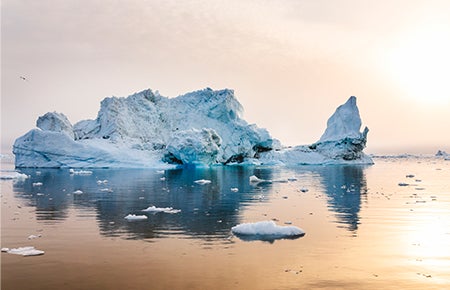
Top environmental stories of 2019: USC Dornsife scientists reveal their picks
From President Donald Trump’s action to formally withdraw the U.S. from the Paris Climate Agreement to the rapid growth in the availability and popularity of plant-based meat alternatives, environmental scientists at the USC Dornsife College of Letters, Arts and Sciences have identified some of the top environmental issues reported by news organizations in 2019.
Trump serves notice to quit the Paris Climate Agreement
“With the broad reaching environmental and human welfare implications of climate change, the United States’ Nov. 4 formal announcement of intent to withdraw from the Paris Climate Agreement has to be among the top environmental stories of 2019. The U.S. has historically been one of the top per capita emitters of anthropogenic CO2 in the world and since the mid-2000s has been second only to China in total annual CO2 emissions. After a one-year waiting period, our withdrawal from the Paris Climate Agreement will become official just one day after the 2020 U.S. presidential election. Fortunately, our withdrawal is reversible pending the political will of the next administration.”
Read the New York Times story >>

(Photo: iStock.)
Why is an ocean current critical to world weather losing steam? Scientists search the Arctic for Answers
“The September 2019 publication of the Special Report on the Ocean and Cryosphere in a Changing Climate by the IPCC highlights not just the threats to our oceans and ice environments, but just how much change has already happened. Given our reliance on ocean and ice resources, this will have wide-ranging effects on the human population, including decreased freshwater security, increased risk of disease, reduction of important seafood stocks, and sea level rise that threatens coastal infrastructure. Fortunately, the report also lays out potential responses to this growing crisis.”
Read the National Geographic story >>
Wildfires are burning around the world. The most alarming is in the Amazon rainforest
“In the summer of 2019, the popular press was filled with stories about massive numbers of fires in the Amazon Rainforest. This by itself was troubling, but the fires are part of a more complex story about food production, protection of biodiversity and international politics.
“Fires in the Amazon are usually set on purpose and caused by the clearing of land for cattle ranching. For many years, international pressure worked to push Brazil to enact policies discouraging land clearing. This year, scientists observed an increase in deforestation (and thus fires) that many attribute to lax enforcement under newly elected President Bolsonaro and his interest in exploiting the resources of the Amazon for economic benefit.
“These forests sequester a large amount of carbon and are a treasure trove of biodiversity, both of which benefit the whole world. Only international cooperation can slow deforestation and preserve this incredibly important resource.”
Impossible Foods, Beyond Meat and the growth of the meatless meat market

(Photo: Beyond Meat.)
“Plant-based meat alternatives have been around for years, but in 2019, they moved into the mainstream. Plant-based meat alternatives have become ever better at replicating the meat-eating experience, and they are now available in some of the biggest fast-food restaurants in the world (e.g., Burger King, Del Taco and Dunkin’ Donuts).
“Aside from creating more options for vegetarians at these restaurants, the acceptance of these meat alternatives in the mainstream suggests there is a real opportunity to reduce meat production, especially beef, which is very environmentally damaging from the perspectives of water, energy and land use, water pollution and climate change.”